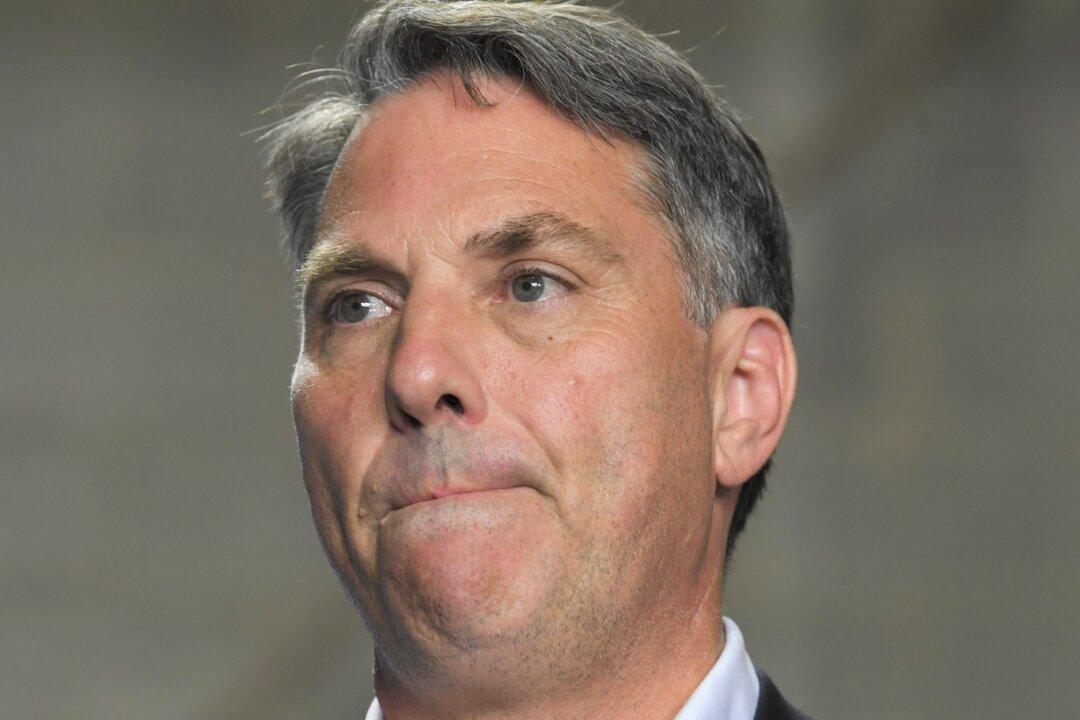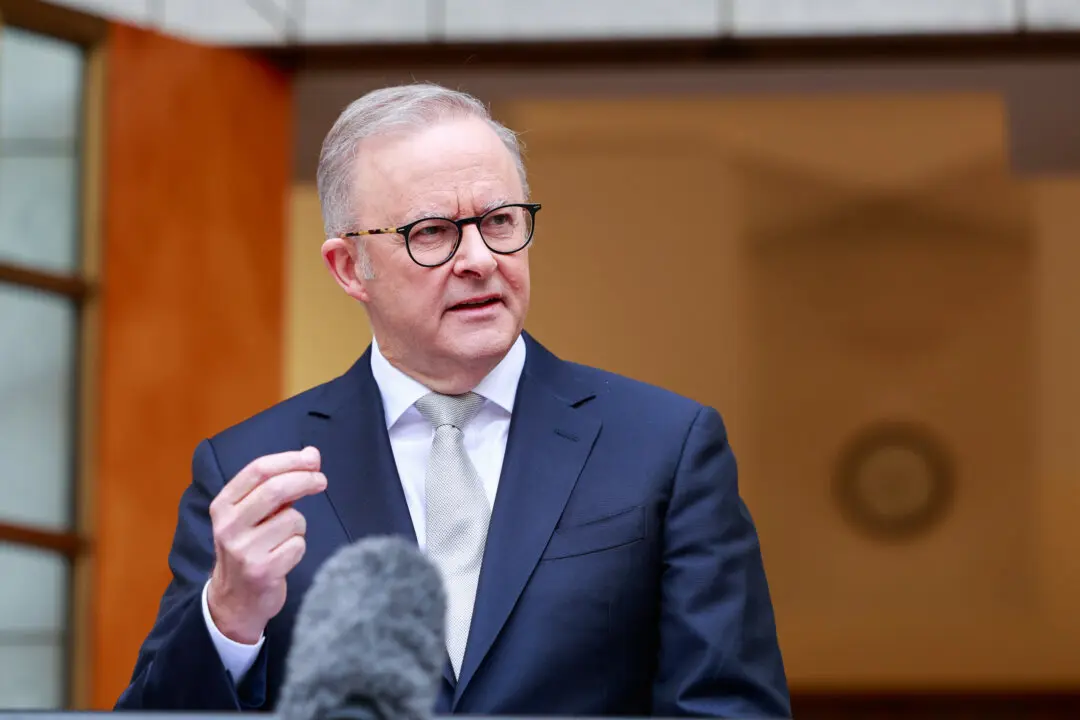The Australian opposition’s deputy leader Richard Marles has been forced to explain his high number of visits to the Chinese Embassy over the past five years—more than the foreign minister—despite not holding the shadow foreign policy portfolio.
Marles is alleged to have engaged with Chinese diplomats at least 10 times from 2017 despite deteriorating bilateral relations between Australia and China, according to a report from The Australian newspaper.





